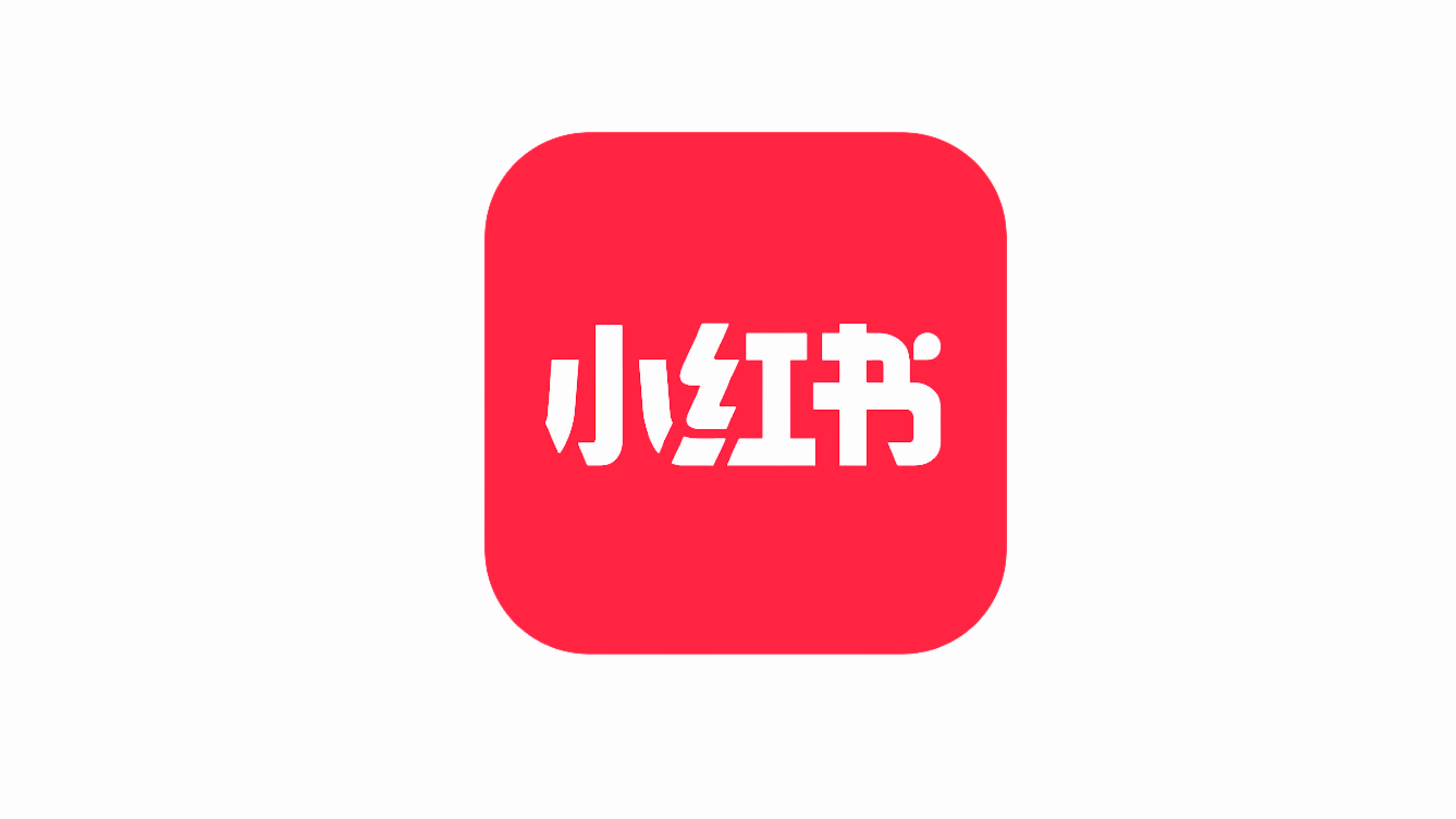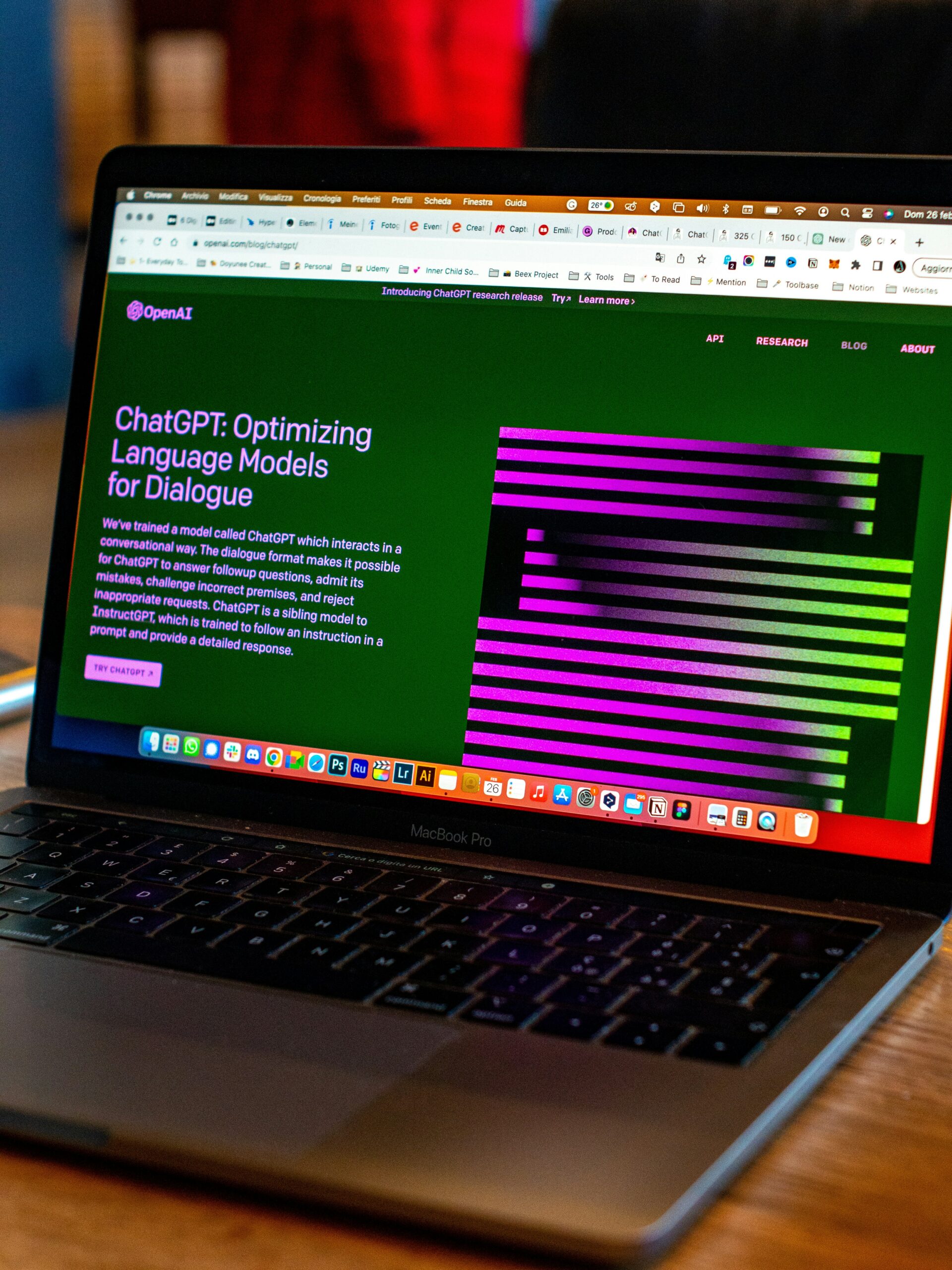Blogs
Understanding RedNote

January 2025 news headlines have been dominated by a digital migration to Xiaohongshu (XHS), also known as Little Red Book, or RedNote. For many, RedNote is a name that might have seemed unfamiliar until recently.
On his first day in office, President Trump signed an executive order to delay the enforcement of a TikTok ban for 75 days. At the time, amidst the uncertainty surrounding TikTok’s future, many American users, dubbing themselves “TikTok refugees,” have flocked to the Chinese media platform RedNote. Recent mentions of the app have surged across social and mainstream media with #TikTokRefugee.
The app became the top free downloaded app on the Apple App Store in a week. Will this trend endure, or is it merely a phase?
So, what is RedNote?
Often described as a blend of Instagram, TikTok, Reddit, and Amazon, RedNote has evolved from a lifestyle and product review platform to a multifaceted social commerce ecosystem.
Much like WeChat, RedNote integrates elements of e-commerce, product reviews, social networking, and even travel guidance into a seamless online environment. Its unique user experience, characterized by high-quality, user-generated content and a less ad-centric environment, has drawn so many Gen Z users from TikTok’s shadow.
The platform’s promise of a less-commercialized space has made it a space for a generation of digital natives who crave authenticity. In a sense, this digital migration could be less about fleeing one platform and more about embracing the potential for diverse online communities.
Why TikTok, Not RedNote?
Owned by ByteDance, TikTok operates under a complex, multi-layered corporate structure. Unlike TikTok, RedNote has not yet attracted the same level of attention and security concerns. However, this could change. Some say that if RedNote does not divest from its Chinese ownership and gains more traction in the U.S., it may face the same scrutiny as TikTok. If that happens, brands on the platform will need corporate reputation management strategies to navigate regulatory uncertainties and public perception.
This “digital exodus” has sparked a new way of cultural exchange, breaking down barriers between two digital worlds long separated by language and geography. Chinese users have shared videos teaching new users basic Chinese, while American users have used the platform to post humorous takes on their government’s policies.
This is where RedNote’s expansion could have profound implications for global digital strategies. For Chinese brands, this surge presents a unique opportunity to engage an international audience.
On the flip side, RedNote’s growing popularity in the U.S. offers brands another opportunity to bridge cultural divides organically. Its rise signals the growing importance of cross-cultural competence in digital marketing.
TikTok’s future in the U.S. remains uncertain and the long-term impact of audience migration is still unfolding. However, it has become crystal clear that companies cannot wait on the sidelines.
This sudden shift presents an opportunity to reassess how companies and marketers are keeping up with emerging platforms and trends across earned, owned, and paid media. While the more established, mature platforms attract the most content and the largest audience, companies need to be on the lookout for emerging companies that have not yet threatened the market share of large platforms, but could, overnight, become the next big thing.
Latest News



